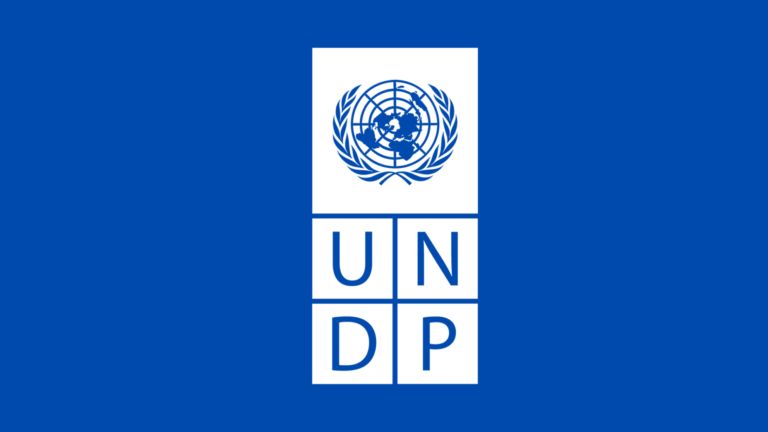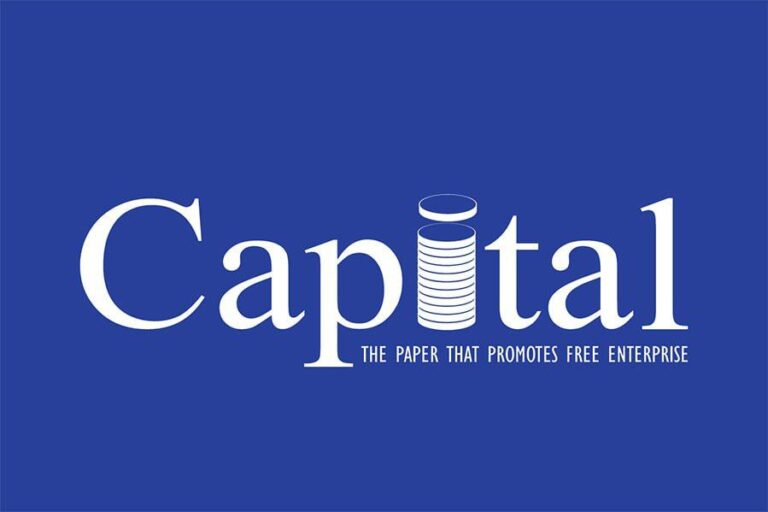Violence against women and girls remains a pervasive and devastating global crisis, which continues to undermine human rights, hinder development, and perpetuate gender inequality.
As we observe the International Day for the Elimination of Violence Against Women on November 25, and the beginning of the 16 Days of Activism against Gender-Based Violence, it is critical to reflect on the urgent need for action. This year’s theme, “Towards Beijing +30: UNiTE to End Violence Against Women and Girls,” underscores the ongoing challenges in achieving the promises made in the 1995 Beijing Declaration and Platform for Action, especially as we near the end of the 2030 Agenda for Sustainable Development.
Globally, nearly one in three women experience violence in their lifetime, with many facing these abuses in conflict zones, humanitarian emergencies, or areas where law and order have broken down. In such contexts, women and girls are particularly vulnerable to sexual violence, exploitation, and trafficking. Sadly, their bodies often become battlegrounds in these crises, with rape and other forms of gender-based violence used as tools of power and control.
The prevalence of violence against women and girls in humanitarian situations is compounded by the destruction of infrastructure and instability exacerbating the barriers women and girls face in accessing health care and support services. Fear of stigma and reprisals only increase their vulnerability.
Despite these challenges, gender-based violence is preventable, and it is essential that investments are made in comprehensive prevention efforts as well as response services.
Strengthening partnership with women’s organizations and local civil society organizations is indispensable in combating gender-based violence. These entities not only provide essential services and support to survivors, but they also play a critical role in raising awareness, building resilience, and advocating for long-term solutions. However, for their efforts to be sustained, there is an urgent need for flexible, accessible, and long-term funding, as well as political will to prioritize gender equality and gender-based violence prevention.
As we mark this important day, the call to action is clear: we must invest in gender equality, support women’s rights organizations, and fund initiatives that prevent violence and promote dignity and safety for all women and girls. This is not just a moral imperative; it is a fundamental human right.
We have a shared responsibility to ensure that women and girls can live free from violence and enjoy the full dignity and rights they are entitled to. UNFPA remains committed in realizing this working with various strategic partners.
Together, we must eliminate violence against women and girls. The time for change is now.
This message is jointly published by the UNFPA, Canada, Spain, and other key strategic partners in connection with the observance of the 16 Days of Activism against Gender-based Violence in 2024.





